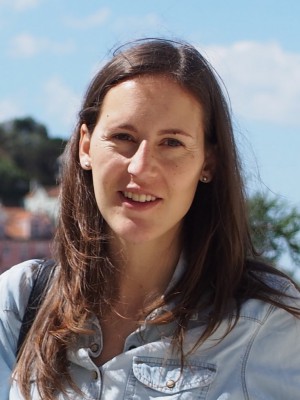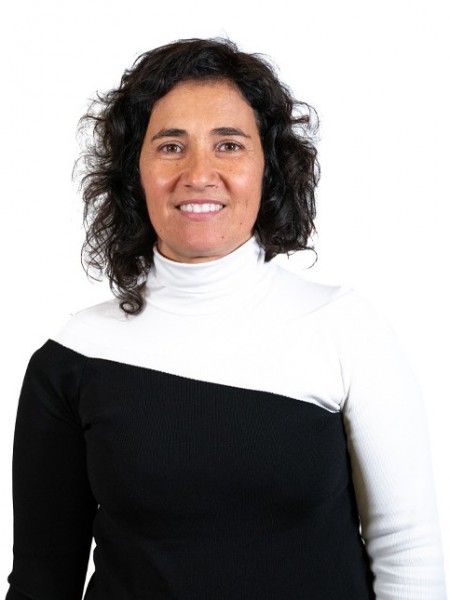abstract
Glycolipids and phospholipids are the main reservoirs of omega polyunsaturated fatty acids in microalgae. Their extraction for the food industry requires food grade solvents, however, the use of these solvents is generally associated with low extraction yields. In this study, we evaluated the lipid extraction efficiency of food-grade ethanol, ultrasound-assisted ethanol (UAE) and dichloromethane/methanol (DCM) from Chlorella vulgaris cultivated under autotrophic and heterotrophic conditions. Yields of lipids, fatty acids (FA), and complex lipid profiles were determined by gravimetry, GC-MS, and LC-MS/MS, respectively. UAE and DCM showed the highest lipid yields with similar purity. The FA profiles were identical for all extracts. The polar lipidome of the DCM and UAE extracts was comparable, while the EtOH extracts were significantly different. These results demonstrated the effectiveness of UAE extraction to obtain high yields of polar lipids and omega-3 and -6-rich extracts from C. vulgaris that can be used for food applications.
keywords
MICROALGAE; BIOMASS
subject category
Chemistry; Food Science & Technology; Nutrition & Dietetics
authors
Couto, D; Melo, T; Conde, TA; Moreira, ASP; Ferreira, P; Costa, M; Silva, J; Domingues, R; Domingues, P
our authors
Groups
G2 - Photonic, Electronic and Magnetic Materials
G4 - Renewable Materials and Circular Economy
Projects
CICECO - Aveiro Institute of Materials (UIDB/50011/2020)
CICECO - Aveiro Institute of Materials (UIDP/50011/2020)
Projeto de Investigação Exploratória: Paula Ferreira (IF_Paula Ferreira)
acknowledgements
Thanks are due to the University of Aveiro and FCT/MCT for the financial support to LAQV/REQUIMTE (UIDB/50006/2020), CESAM (UIDB/50017/2020 + UIDP/50017/2020), CICECO -Aveiro Institute of Materials, (UIDB/50011/2020 & UIDP/50011/2020) and to RNEM Portuguese Mass Spectrometry Network (LISBOA-01-0145-FEDER-402-022125) through national funds and, where applicable, co-financed by the FEDER, within the PT2020 Partnership Agreement. This work has received funding under the project AlgaValor, from the Portugal 2020 program (grant agreement n. POCI-01-0247-FEDER-035234; LISBOA-01-0247-FEDER-035234; ALG-01-0247-FEDER-035234). The authors are thankful to the COST Action EpiLipidNET, CA19105 -Pan-European Network in Lipidomics and EpiLipidomics.; Daniela Salome Moderno do Couto (SFRH/BD/138992/2018) is grateful to FCT for her grant. Tania Melo thanks the research contract under the project Omics 4 Algae: Lipidomic tools for chemical phenotyping, traceability, and valorization of seaweeds from aquaculture as a sustainable source of high added-value compounds (POCI-01-0145-FEDER-030962), funded by Centro2020, through FEDER and PT2020. Ana Moreira thanks the research contract under the project Coccolitho4BioMat -Coccolithophore microalgae biorefinery: an approach for sustainable biomaterials (POCI-01-0145-FEDER-031032), funded by Centro2020, through FEDER and PT2020. Tiago Alexandre Conde (2020.05678.BD) and Paula Ferreira (IF/00300/2015) are grateful to FCT for their grants.



